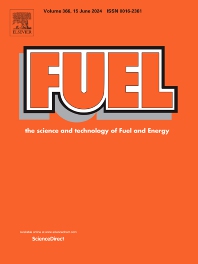Journals in Energy general
Journals in Energy general
- ISSN: 0961-9534
Biomass & Bioenergy

- ISSN: 0960-8524
Bioresource Technology

- ISSN: 0010-2180
Combustion and Flame

- ISSN: 0360-5442
Energy

- ISSN: 2950-4872
Energy 360

- ISSN: 0196-8904
Energy Conversion and Management

- ISSN: 0301-4215
Energy Policy

- ISSN: 0973-0826
Energy for Sustainable Development

- ISSN: 2589-7780
EnergyChem

- ISSN: 0016-2361
Fuel
